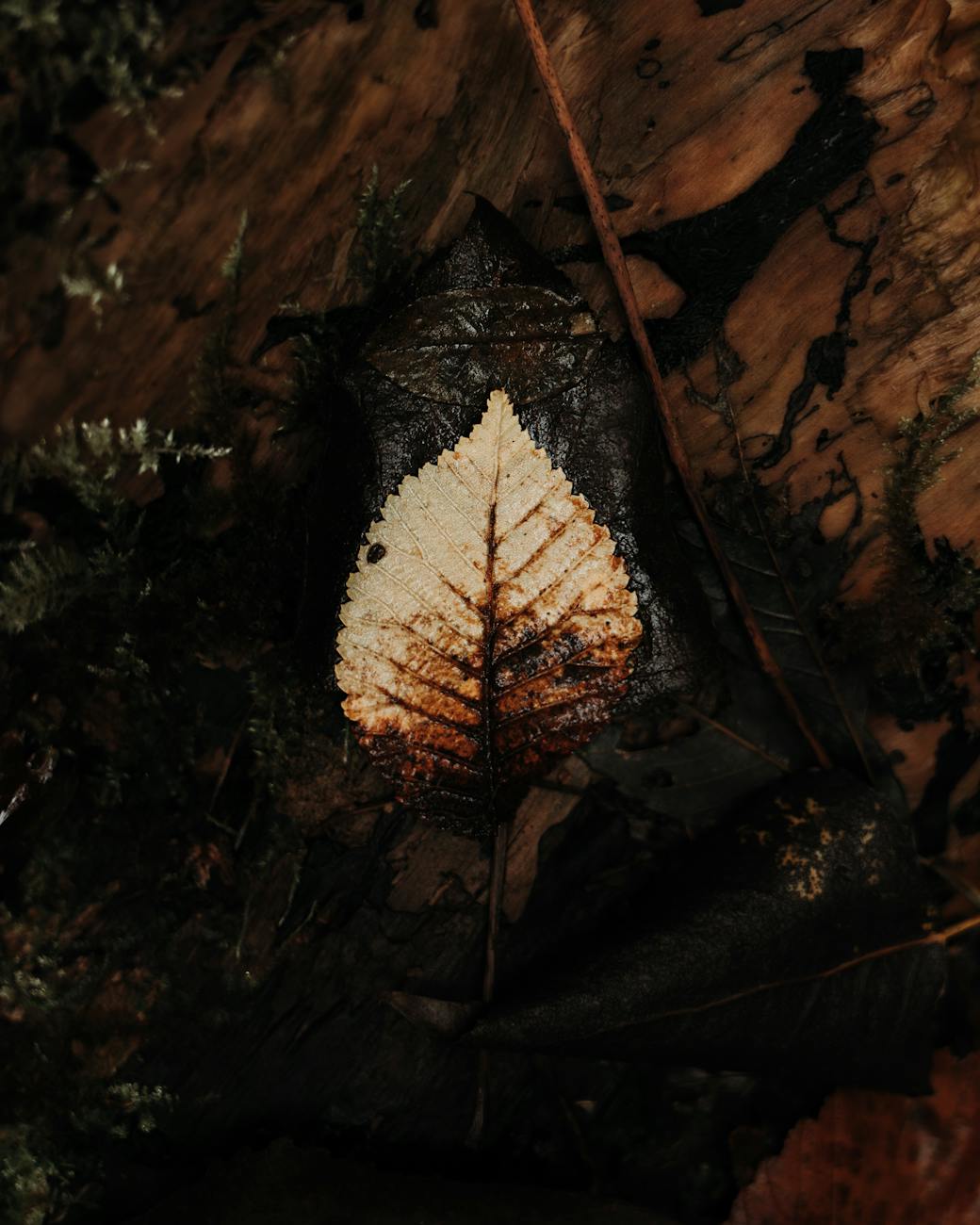We spent all week discussing this word “vengeance,” because it has a huge impact on many stories (ghost stories and dramatic fiction), as well as having an impact on how humans perceive justice and righting wrongs. Though, potentially disturbing as a means to an end, “vengeance” is a powerful tool to excite characters and incite incidents in stories.
Today, I would like to look at how vengeance has impacted a famous comic book hero (The Punisher), an insane narrator in a short story (“The Cask of Amontillado”), and the dueling purposes in an iconic horror novel (Frankenstein).
Vengeance and The Punisher
My go-to example of vengeance in comic books would be in the Welcome Back, Frank (2002) graphic novel by Garth Ennis (who also penned the excellent Preacher series). If you are unfamiliar, The Punisher is a Marvel superhero (antihero) who goes around in a blaze of vengeance for the loss of his wife and child. It starts as a mission of protagonist/antihero Frank Castle to destroy the mob and ends with him battling super villains of a sort.
As stated by writer Nabeel Gaber from CBR.com: “The Punisher started by hunting the Gnucci Crime family, picking off its members one by one to strike terror into New York’s criminals. Ma Gnucci, the head of the family, retaliated, sending the NYPD anti-Punisher task force after him, along with hitmen like the gargantuan “Russian.”
Throughout the story, we see that The Punisher’s vengeance comes from his sense of justice and self-righteous indignation. Castle is tormented by the death of his family and finds himself on a quest to stop an evil crime lord, Ma Gnucci, and her syndicate. Castle is cold and callous, but also likable, as his mission of vengeance is certainly one most people have morbidly fantasized about, which makes his small-scale stories relatable.
No doubt this scenario has run across many people’s minds: If somebody were to kill my family, I would stop at nothing to see them dead!
Or something like that anyway.
The vengeance here is palpable because we know crime is bad, and criminals do crime and innocent people get caught in the crossfire. Evil doers must be punished for this reason and for this reason alone! at least according to The Punisher. But, as we will see with other examples in this post–“vengeance” can only get you so far on your path to salvation or closure.
Vengeance in “The Cask of Amontillado” by Edgar Allan Poe
Vengeance can very much be the heart of not just heroes, but also villains. In the following instance, we have a narrator who feels wronged and so retaliates against an offense in a very grim way. I mean, we as the audience never really find out what the guy did wrong!
In Edgar Allan Poe’s short story “The Cask of Amontillado,” the narrator, Montresor, speaks of killing a perceived aggressor named Fortunato in a devious and dastardly plot. He lures Fortunato into his palazzo’s catacombs (back when a palazzo had a catacomb), and shackles him in a niche, using bricks and mortar to wall him up into his own ghastly tomb.
In the story, Montresor states: “The thousand injuries of Fortunato I had borne as I best could, but when he ventured upon insult I vowed revenge. You, who so well know the nature of my soul, will not suppose, however, that I gave utterance to a threat.”
Montresor is plotting in his vengeance, as the grave insult he has felt is untenable. Montresor, in this way, reveals himself to resemble The Punisher in his need–compulsion–to exact injustice done to him, and so acts in a way that is unbecoming of a rational, civilized, law-abiding citizen.
“In pace requiescat!” he tells Fortunato in the climax of the story.
So, “vengeance” can be that of self-righteousness, as is the case with Frank Castle—but it can also be of villainous deceit. Yet, both of these examples don’t leave much room for the true of heart, for even though Frank Castle is a hero per say, he is also a murderer and takes the law into his own hands—seemingly no better a man than Montresor, one might argue.
Vengeance then is the act of a selfish crusader, whose blatant disregard for human life is only paramount to the actor’s need for perceived retribution.
Vengeance in Frankenstein; or, The Modern Prometheus by Mary Shelley
My final example of “vengeance” in literature comes from Mary Shelley’s famous book Frankenstein, and I have chosen this book for a few reasons. The first is that the vengeance is twofold. One, the monster in the story murders Victor Frankenstein’s family out of his own craving of vengeance. Vengeance for a life of loneliness as a unlovable creature; however, in response, Frankenstein pursues the creature with the sole intention of destroying it for its misdeeds (his own vengeance).
Frankenstein, in a moment of hate and anger, screams at the monster, “‘Devil, … do you dare approach me? And do not you fear the fierce vengeance of my arm wreaked on your miserable head? Begone, vile insect! Or rather, stay, that I may trample you to dust! And, oh! That I could, with the extinction of your miserable existence, restore those victims whom you have so diabolically murdered!’”
Frankenstein is horrified by his creation, so much so that he has fled and left the monster alone so as to avoid it with extreme prejudice; and, the monster in return murders Frankenstein’s loved ones and flees himself to the north with Frankenstein in chase–both man and creature with vengeance in their hearts.
At the end of the novel, the monster speaks of the vengeance he has harbored and where it has led him: “But it is true that I am a wretch. I have murdered the lovely and the helpless; I have strangled the innocent as they slept and grasped to death his throat who never injured me or any other living thing. I have devoted my creator, the select specimen of all that is worthy of love and admiration among men, to misery, I have pursued him even to that irremediable ruin” (Shelley).
In other words, the monster has secured his vengeance, even though the vengeance killed his creator—by all rights somebody he should have loved (of course Frankenstein’s negligence led the monster down a different path). While the monster’s plan doesn’t work out quite that well (Frankenstein dies), he is still seemingly righteous in his plot. Even so, we are still left with a character who plotted murder and tragedy for the sake of injustice; in this case, a creature who becomes a monster through retribution.
Frankenstein himself can be viewed as a monster for abandonment and shortsightedness; and certainly, he is some kind of villain for his unwillingness to understand the full scope of forgiveness.
Conclusion
The perception of vengeance in a story seems to be fraught with inequity. In some ways, it is portrayed as justice (which of course it is not when it is outside of law), and sometimes it is portrayed as madness or—in the very least—villainy.
But can vengeance have a positive connotation? I think not in most cases as it relates to literature. Ostensibly, vengeance is a trait for the impetuous and those of weak-wills or psyches who are unable to adhere to social mores and norms (and definitely for those who are unable to approach forgiveness). I think this is also a deeply philosophical conversation about what is right and wrong in retaliation for an offense. Certainly, walling somebody up in a niche or murdering a criminal element in response to wrongdoing may be a little extreme.
Works Cited
Gaber, Nabeel. “Punisher: How ‘Welcome Back, Frank’ Saved the Marvel Hero.” CBR, 26 Sept. 2020, https://www.cbr.com/punisher-welcome-back-frank-garth-ennis-reboot-classic/.
Poe, Edgar Allan. “The Cask of Amontillado.” The Poe Museum, 21 Sept. 2021, https://poemuseum.org/the-cask-of-amontillado/.







